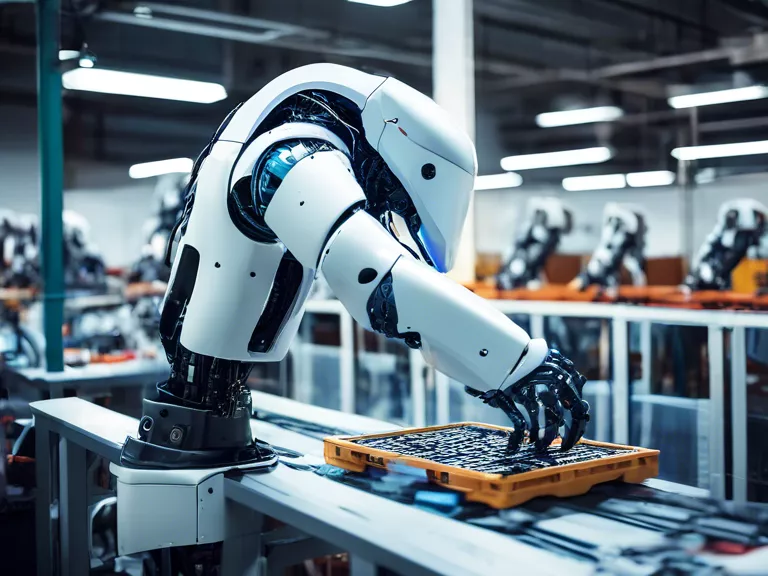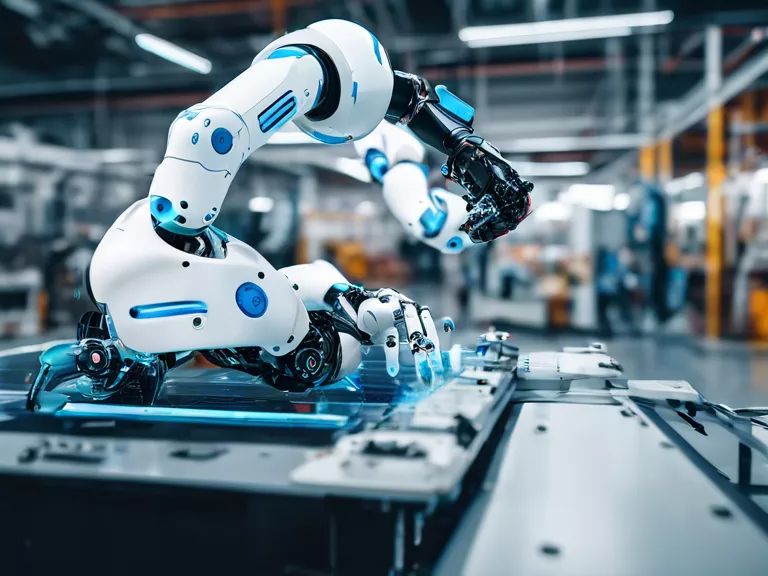
Robotics has played a significant role in automating repetitive tasks in industries, increasing efficiency and productivity. With advancements in technology, robots are being utilized in various sectors to handle monotonous and labor-intensive tasks, freeing up human workers to focus on more complex and creative work. From assembly lines in manufacturing plants to warehouses and logistics centers, robotics has revolutionized the way businesses operate.
In manufacturing, robots are being used to assemble products, perform quality control checks, and handle materials. These machines can work continuously without getting tired or making mistakes, ensuring consistency and accuracy in production processes. Automation of repetitive tasks in manufacturing has led to increased production output, reduced waste, and improved product quality.
In warehouses and distribution centers, robots are being deployed to move and organize goods, speeding up the process of fulfilling orders. Automated guided vehicles (AGVs) and robotic arms are used to pick, pack, and ship items, optimizing the supply chain and reducing errors in inventory management. This not only improves efficiency but also enhances the overall customer experience by ensuring timely deliveries.
In industries such as agriculture and healthcare, robots are being used for tasks such as planting crops, harvesting fruits, and assisting in surgeries. These machines are equipped with sensors, cameras, and AI algorithms to perform tasks with precision and efficiency, reducing the reliance on manual labor and lowering the risk of human error.
The role of robotics in automating repetitive tasks is not limited to physical labor but also extends to software and data processing. Robotic process automation (RPA) is being used in industries such as finance, customer service, and healthcare to automate mundane tasks like data entry, report generation, and customer inquiries. This technology streamlines operations, reduces costs, and improves accuracy in data processing.
Overall, robotics has become an indispensable tool for businesses looking to streamline operations, increase efficiency, and stay competitive in the global market. By automating repetitive tasks, industries can optimize workflows, reduce costs, and enhance productivity, leading to long-term success and growth.



